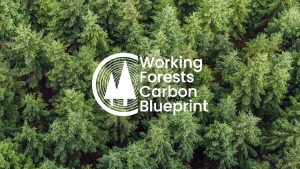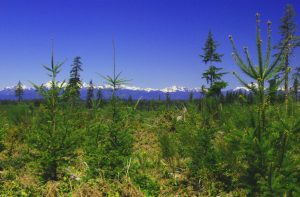WASHINGTON FOREST PROTECTION ASSOCIATION
Adaptive Management
Adaptive management is a process of gathering and using scientific information to evaluate and improve forest management decisions and practices on the ground. It is a way of monitoring Washington’s forest practice rules to ensure the objectives of restoring wildlife habitat and protecting water quality are being met. If these objectives are not met through existing practices, changes will be made based on scientific research.
WASHINGTON’S FOREST PRACTICES RULES ALLOW FOR FLEXIBILITY
While current scientific knowledge does not provide definitive answers to all of our water quality and fish habitat resource questions, Washington State, with the landmark Forests & Fish Law, has built in a process to adapt and change forest practices rules as new scientific learning becomes available. This flexibility provided by the adaptive management program helps forest landowners, regulators, and interested members of the public protect resources and ensure stability in the event of scientific progress and change.
SCIENTIFIC INTEGRITY IS REQUIRED
In order to move management decisions away from rhetoric and politics, the Forests & Fish Adaptive Management Program has strict standards for its scientific products. The Forest Practices Act states,
“The adaptive management process shall incorporate best available science and information, include protocols and standards, regular monitoring, a scientific peer review process, and provide recommendations to the board on proposed changes to forest practices rules to meet timber industry viability and salmon recovery.” (RCW 76.09.370(7))
It is this rigor in the adaptive management process that provides private forest landowners with the certainty that regulatory changes will occur in a rational and deliberative manner.


